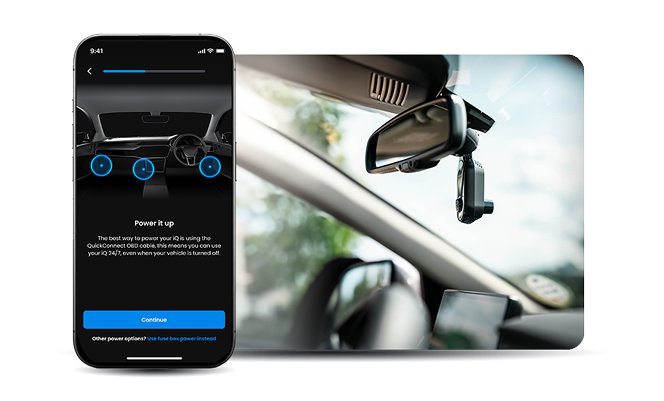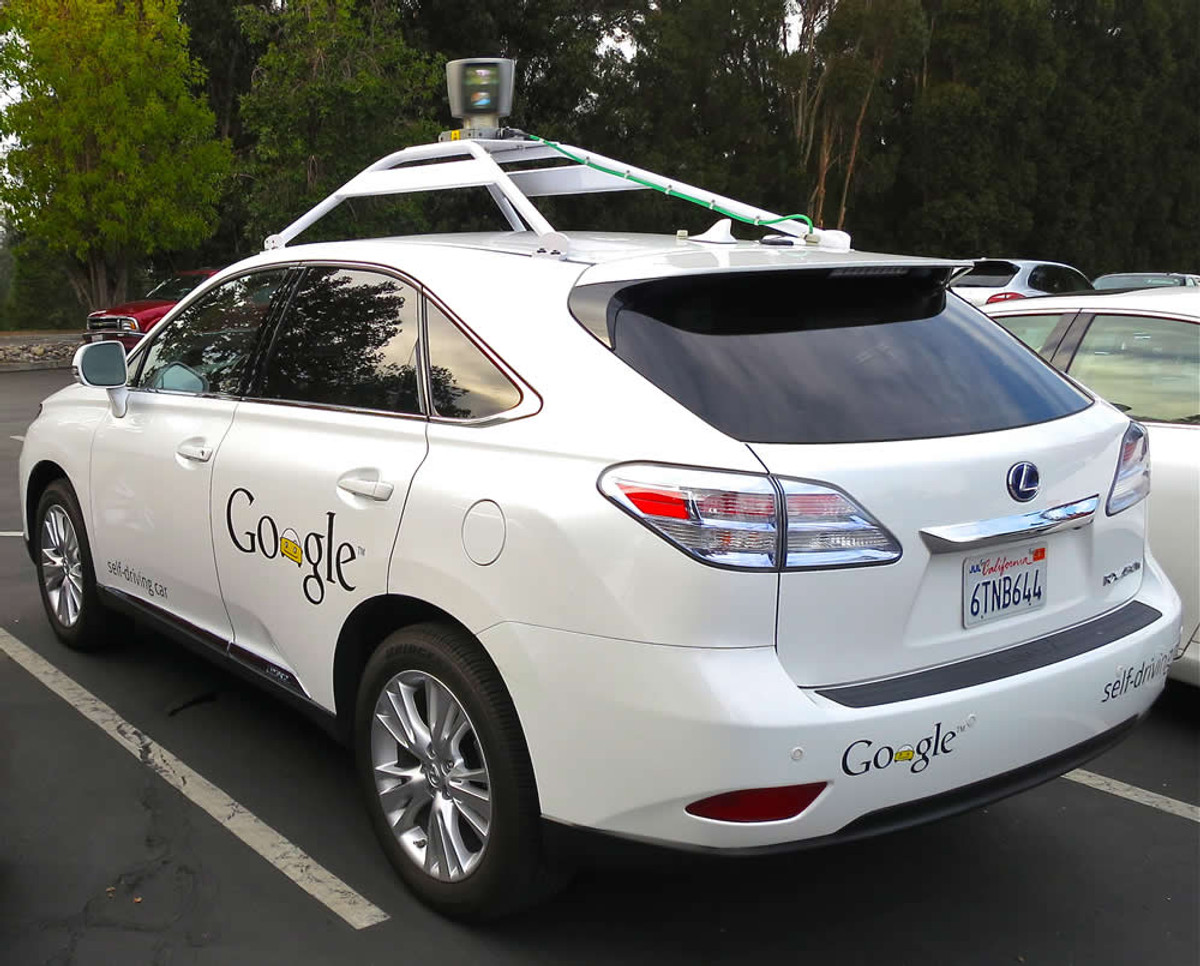David Williams, national motor journalist and road safety award-winner
I had a deeply fascinating chat with a man who’s given a lot of thought to the issues around self-driving or ‘autonomous’’ cars this week, and I came away wondering whether we’re really ready for them.
I became something of a convert when I attended a big future-transport conference in Chengdu, China last year, organised by Michelin (http://www.challengebibendum.com/). I spoke to numerous leading experts who persuaded me that the true, autonomous car was just around the corner. Technically, I’m sure it is. Legally, it’s some way off because nobody seems sure who will take the blame if an incident occurs. The driver? The car manufacturer? The supplier of the component, on the car, that failed to prevent the disaster? And how do you programme the car?
If it detects an oncoming truck swerving into your lane and there’s no time to brake, do you programme it to save you by swerving onto the pavement where there may be a pedestrian, or into the cycle lane where there’s a cyclist? Or sacrifice you, the driver, by staying on course? It’s a well-rehearsed debate.
What is less well rehearsed is how vehicles and pedestrians, and cyclists, are ever going to mix at all – and how people themselves will respond. As John Adams, Emeritus Professor of Geography at University College London points out, it all makes sense in sunny California where there are wide roads and plenty of room for pedestrians and cyclists. On the rare occasion a car is confronted by a human, there’ll be no problem for it to be programmed to behave deferentially – and give way.
But in London, or Birmingham, or Manchester, or Cardiff or Glasgow where there’s a mad swirl of pedestrians, cyclists, the occasional horse-drawn dray, despatch riders and so on? How would it ever work? “Programmed deference to other road-users would soon become obvious to pedestrians and cyclists,” Mr Adams told me. “Secure in the knowledge that they were now kings and queens of the road, their behaviour would surely change. Pedestrians would no longer cower at the roadside – they would be liberated to stride confidently into the road, knowing that traffic would stop for them. Cyclists could enjoy the freedom to cycle three abreast, holding up middle fingers to the cars honking behind.”
Unless you hate cars it sounds like a nightmare and I think he’s right. He even adds: “By designing a deferential response into cars, they will have invented an exciting new game for children; throw the ball and watch the car stop…” He says it could result in ‘deferential paralysis’ in a city such as London, which is where, incidentally, he lives, and enjoys cycling. He fears it may lead to a fundamental reviewing of the rules of the road, with jaywalking becoming a serious offence and cyclists obliged to remain only in cycle lanes.
And who would want that? I’m a fan of the driverless car concept, even though I love driving, and motorcycling, and cycling. I can see it working on motorways, where I’ll sit back and read a book. But cities, like London? I just can’t imagine how.









